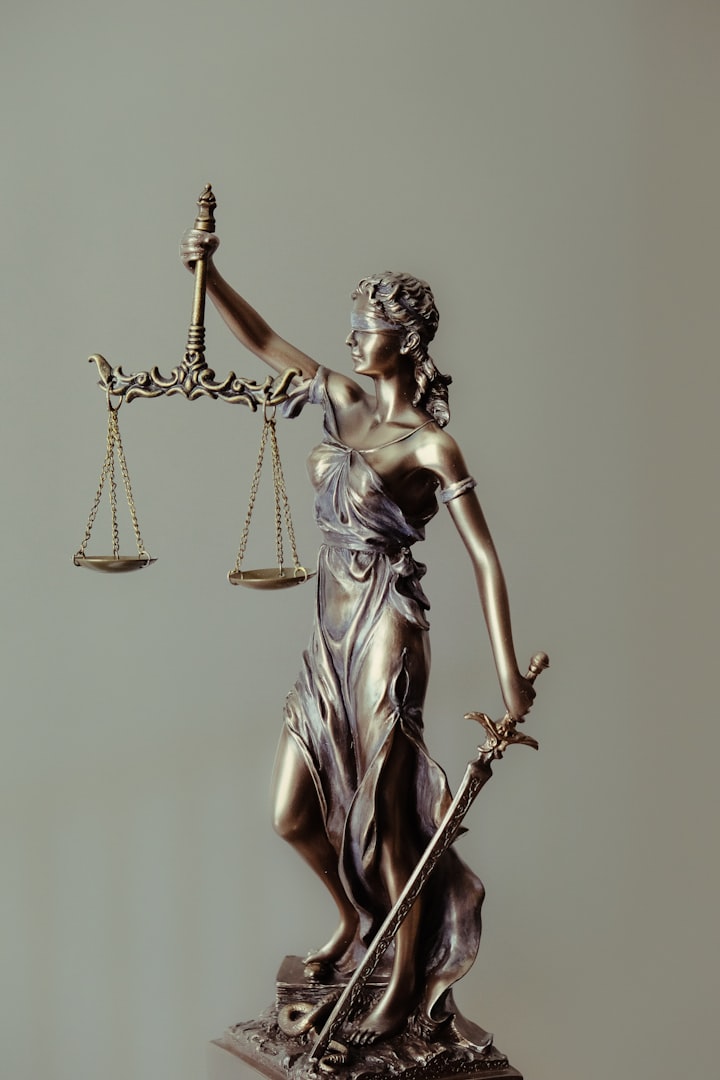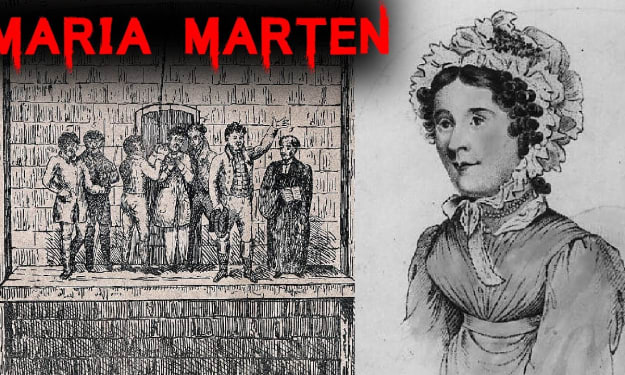The First Criminal: A Historical Perspective
Examining the Origins and Evolution of Criminality in Human Society

Criminal behavior is a phenomenon that has plagued human societies since their earliest days. The roots of criminality can be traced back to prehistoric times, when individuals or groups violated the norms and values of their communities by engaging in behaviors that were deemed unacceptable or harmful. These behaviors often resulted in punishments ranging from verbal reprimands to physical violence, and even death. While the types of criminal behavior vary greatly from society to society, certain patterns have been identified over time.
Common types of criminal behavior include theft, fraud, assault, arson, vandalism, drug trafficking, bribery and corruption. Theft refers to taking something belonging to another person without their consent. Fraud involves deception or taking advantage of an unsuspecting victim for financial gain. Assault is the use of physical force or threats of violence against another person. Arson is the deliberate setting of fires, while vandalism involves destroying property. Drug trafficking is the selling and distribution of illegal substances such as narcotics, while bribery and corruption involve the receiving of payments or favors in exchange for favorable treatment.
In addition to these criminal activities, there are also less-obvious types of behavior that may be considered criminal, such as organized crime and white-collar crimes. Organized crime often involves complex networks of individuals working together to commit various illicit activities, while white-collar crimes involve the use of deception or manipulation to commit fraud.
Ultimately, criminal behavior affects not only the communities in which it takes place, but also individuals who are caught up in its web. As such, governments and law enforcement agencies around the world have developed strategies to combat crime and protect citizens from harm. These include tougher legislation, increased surveillance, better law enforcement training and resources, harsher punishment for offenders, and more. By taking these steps, societies can hopefully reduce the prevalence of criminal behavior and create a safer environment for all.
The first known criminal may never be identified, as the concept of criminality, and the legal systems that define it have evolved. However, it is clear that criminal behavior has been a constant presence in human history, and that efforts to control and punish criminal activity have been equally persistent. Society has always sought to protect itself from those who would break its laws, and this effort continues today.
By understanding the causes of criminal behavior and crafting strategies to combat it, societies can reduce the harm caused by criminal activities while also protecting their citizens. This is a complex challenge that requires collaboration between law enforcement agencies, governments, communities, and individuals. Together, these stakeholders can work to address the root causes of criminal behavior and create a safer environment for all.
In ancient civilizations such as Mesopotamia and Egypt, laws and punishments were codified and enforced by ruling authorities. Crimes such as theft, murder, and adultery were punished severely, often with physical mutilation or death.
In medieval Europe, the concept of criminality became more complex as societies became more stratified and laws were increasingly influenced by religious and moral values. The rise of the church and the influence of canon law led to the categorization of sins and the creation of ecclesiastical courts to judge and punish offenders.
The Enlightenment period of the 18th century brought a renewed focus on rationality and individual rights, which led to the development of modern legal systems and the recognition of human rights. Criminal law was based on the principle of individual responsibility and punishment was meant to deter future criminal activity rather than simply exact revenge.
Today, criminal behavior is still a major concern in modern society, and legal systems continue to evolve to address new forms of criminal activity such as cybercrime and white-collar crime. While the origins of criminality may remain shrouded in mystery, the ongoing efforts to control and punish criminal activity are a testament to humanity's enduring desire for justice and security.
About the Creator
junaid mughal
I am just a Technology geek, who loves to experience latest gadgets, technology and share it with the world here.
Enjoyed the story? Support the Creator.
Subscribe for free to receive all their stories in your feed. You could also pledge your support or give them a one-off tip, letting them know you appreciate their work.






Comments
There are no comments for this story
Be the first to respond and start the conversation.